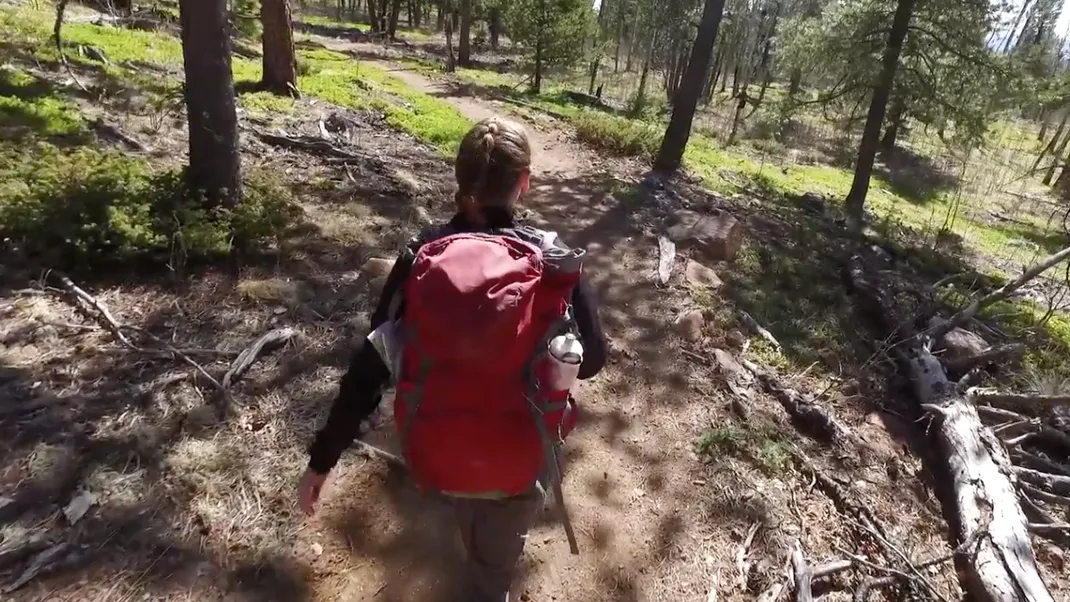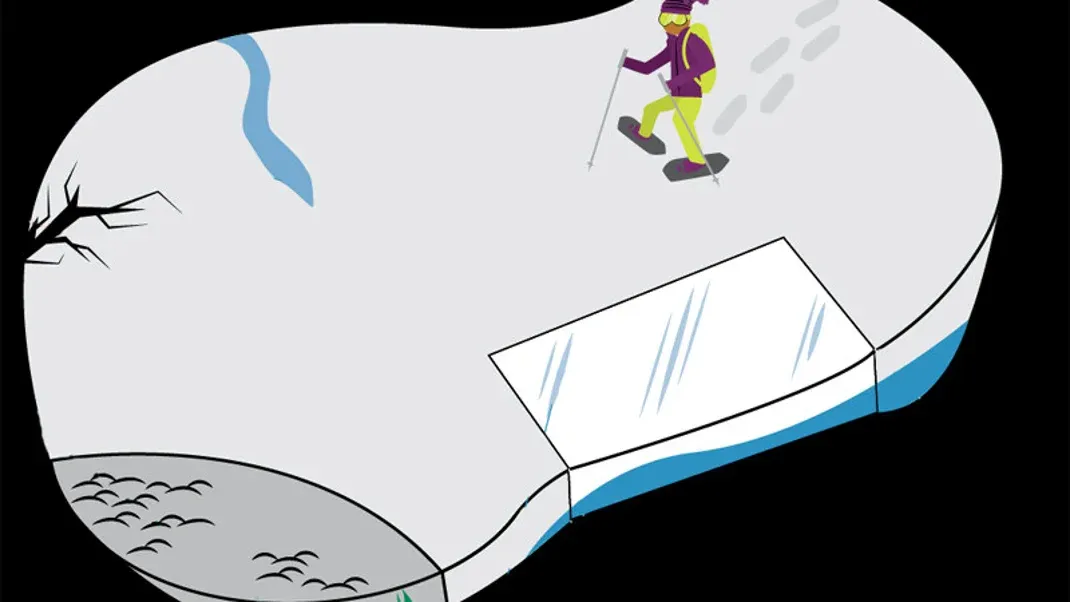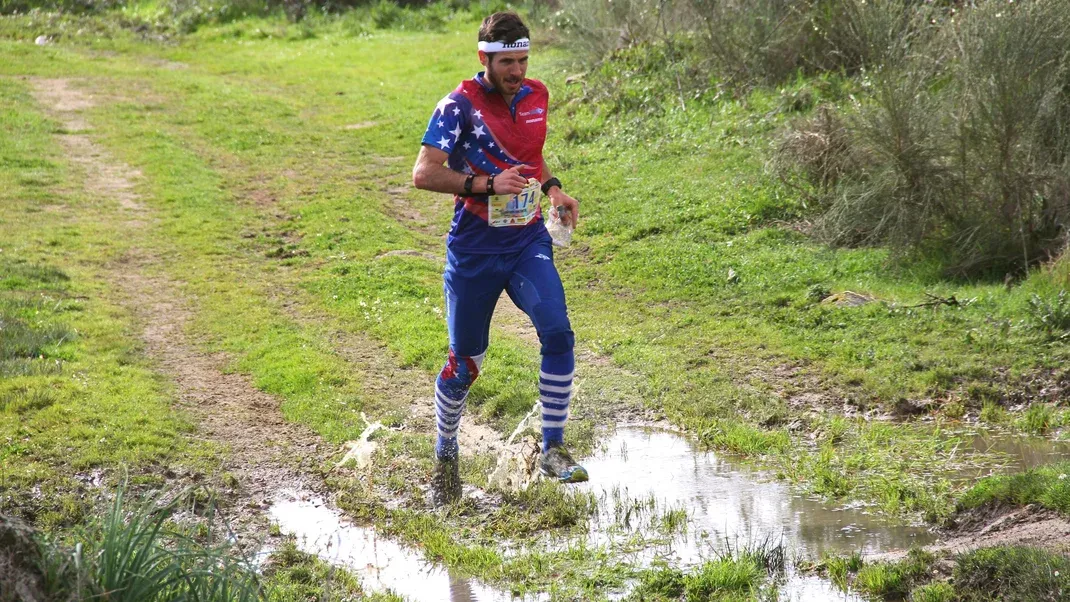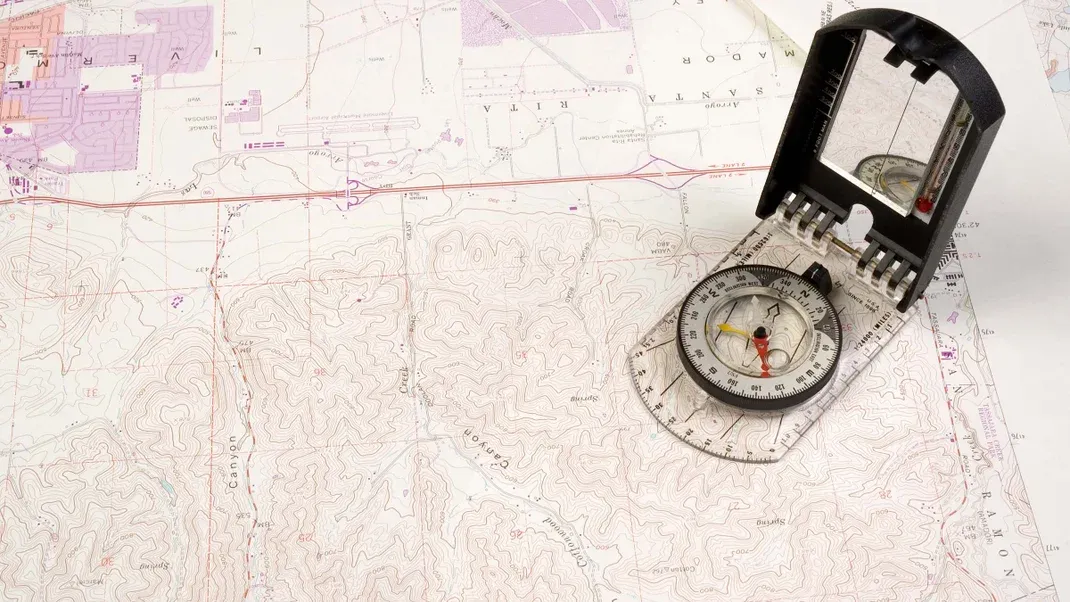NAVIGATION – WHY PEOPLE GET LOST
Navigation is the process of determining one's position and directing their movement to reach a specific destination. People often get lost due to a variety of reasons, including a lack of familiarity with the area, poor signage, or inaccurate maps. Additionally, environmental factors such as dense foliage or urban canyons can obstruct landmarks and disrupt GPS signals, leading to confusion and disorientation. Furthermore, human error, distraction, and overreliance on technology can also contribute to getting lost. As a result, effective navigation requires a combination of spatial awareness, critical thinking, and the ability to adapt to changing circumstances.

Navigation is the process of accurately determining one's position and planning and following a route to a desired destination. It is an essential skill for humans, as it has been for thousands of years. However, despite the advancements in technology, people still get lost. There are various reasons why people get lost, and understanding these reasons can help us improve our navigation skills and reduce the likelihood of becoming lost in the future.
One reason people get lost is due to a lack of spatial awareness. Spatial awareness is the ability to understand and interpret one's surroundings in relation to oneself. It involves being aware of the environment, including the location of objects, people, and landmarks. Individuals with poor spatial awareness may struggle to interpret maps, understand directions, and navigate unfamiliar terrain. This can lead to confusion and disorientation, making it easier to become lost.
Another reason people get lost is due to a lack of navigational skills. Navigational skills involve the ability to read and interpret maps, use a compass, and follow directions. Individuals who lack these skills may struggle to navigate unfamiliar areas, leading to wrong turns and missed landmarks. In today's technology-driven world, many people rely on GPS devices and smartphone apps for navigation. While these tools can be helpful, they can also lead to a dependency on technology, making individuals more vulnerable to getting lost if the technology fails or if they find themselves in an area with poor signal reception.
In addition to a lack of spatial awareness and navigational skills, people can also get lost due to a lack of preparation. Proper preparation involves researching the route, understanding the terrain, and bringing the necessary supplies for the journey. Without proper preparation, individuals may find themselves ill-equipped to handle unexpected challenges, such as inclement weather, rough terrain, or a lack of resources. This can increase the likelihood of becoming lost and can make the experience more dangerous and stressful.
Another reason people get lost is due to overconfidence. Overconfidence can lead individuals to underestimate the difficulty of a journey, leading to a lack of preparation and a false sense of security. This can result in individuals venturing into unfamiliar territory without the necessary skills or supplies, increasing the likelihood of becoming lost. Overconfidence can also lead individuals to ignore warning signs and dismiss potential dangers, further increasing the risk of getting lost.
Furthermore, people can get lost due to distractions. In today's fast-paced world, individuals are often distracted by technology, such as smartphones, tablets, and GPS devices. These distractions can prevent individuals from paying attention to their surroundings and can lead to missed cues and landmarks. Additionally, distractions can cause individuals to become disoriented and lose track of their location, increasing the likelihood of getting lost.
Moreover, people can get lost due to environmental factors. Environmental factors, such as dense vegetation, rugged terrain, and poor visibility, can make it difficult to navigate and can increase the likelihood of becoming lost. In some cases, individuals may find themselves in unfamiliar or hostile environments, such as dense forests, barren deserts, or remote wilderness areas, where navigation is particularly challenging. These environments can increase the risk of getting lost and can make it more difficult to find help or resources.
Finally, people can get lost due to psychological factors. Fear, panic, and stress can all impact an individual's ability to navigate and can increase the likelihood of becoming lost. When individuals are faced with unexpected challenges or dangers, they may experience heightened emotions that can impair their judgment and decision-making abilities. This can lead to poor navigation choices and can make it more difficult to find a way back to safety.
In conclusion, there are various reasons why people get lost, including a lack of spatial awareness, navigational skills, and preparation, as well as overconfidence, distractions, environmental factors, and psychological factors. Understanding these reasons can help individuals improve their navigation skills and reduce the likelihood of becoming lost in the future. By developing spatial awareness, honing navigational skills, properly preparing for journeys, staying vigilant and focused, and managing psychological factors, individuals can improve their ability to navigate and safely reach their desired destinations.




